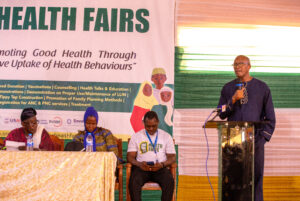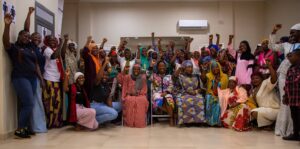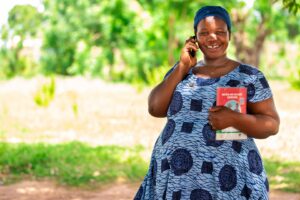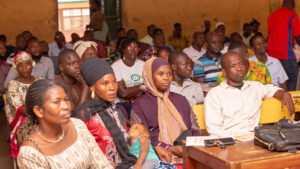It is a key initiative under the five-year USAID Accelerating...
Read MoreSavana Signatures' 15 Years Journey
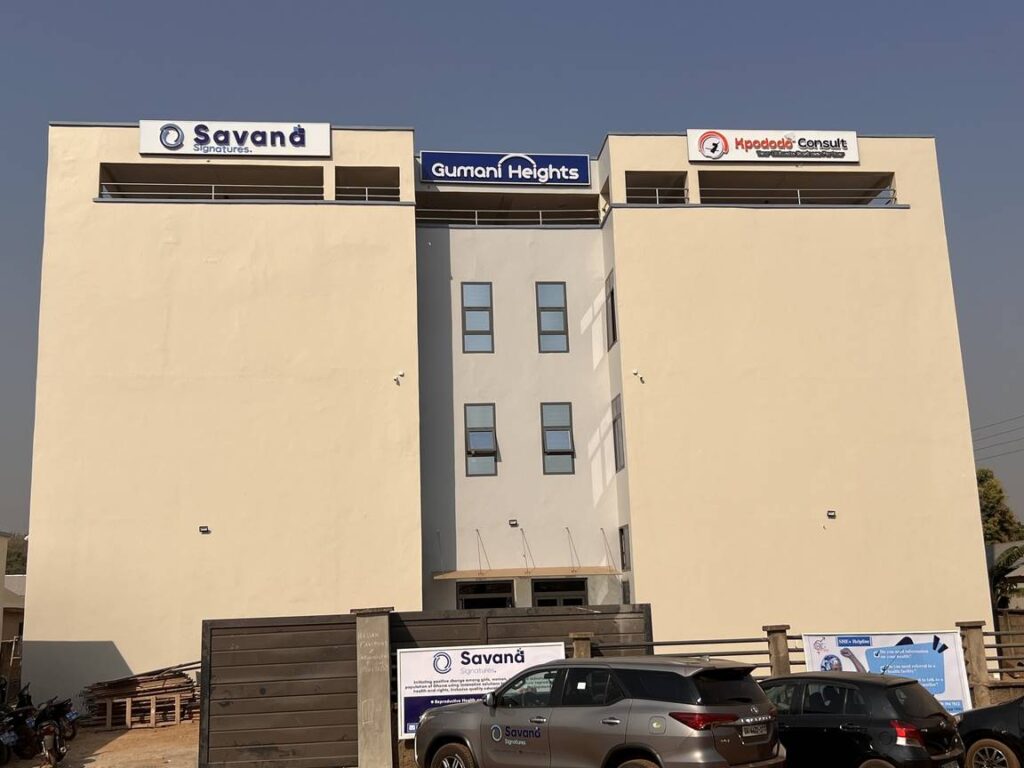
Savana Signatures has launched its 15 years anniversary to kickstart activities marking the celebration of the organisation that has become a fast-growing non-profit organisation in the development space in Ghana.
With its history predating 15 years, the organisation started as a computer training centre in 2005 teaching young students ICT skills. With a Pentium II computers, hundreds of students who had never even seen a computer before were trained. Teachers were also equipped with ICT knowledge to leverage it for teaching and learning.
The centre also pioneered several ICT quiz competitions among Junior High schools in the district and its environs, becoming an instant buzz and contributing significantly to ICT education in schools.
After four years of impactful journey in northern Ghana, a vision of creating a society where there is equal access to and use of ICT was birthed, culminating in the registration of Savana Signatures in 2009 as a non-profit organisation.
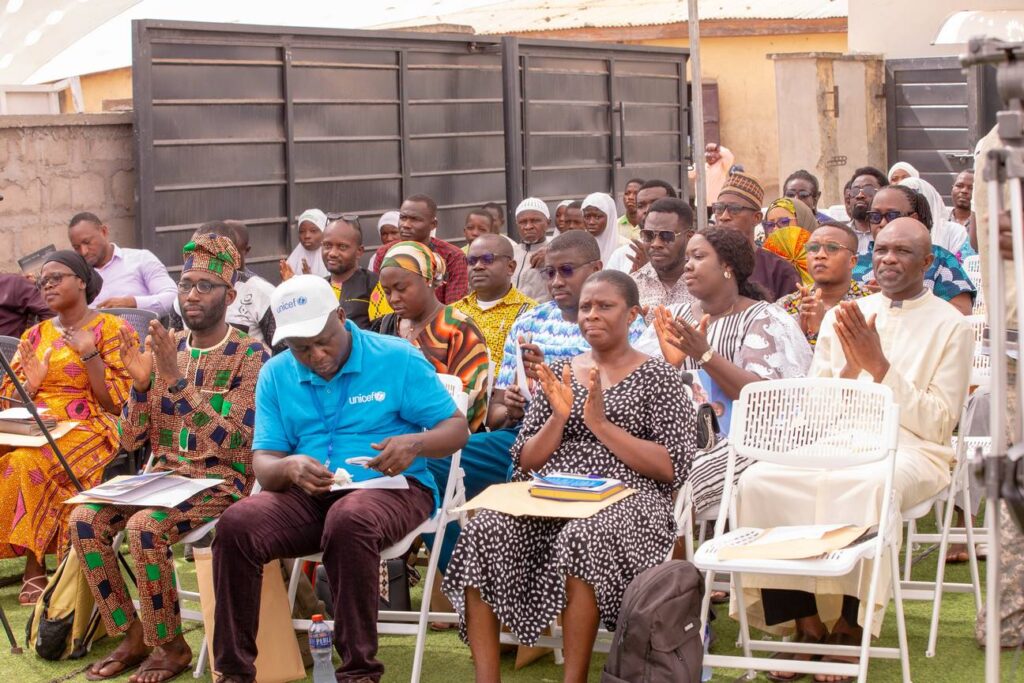
Its mission was to equip the youth, women and vulnerable groups with ICT skills for personal and professional development. Over the years, with the help of partners and donors, the organisation didn’t just teach ICT, it also set up free computer labs in schools across Northern and Volta Regions of Ghana, making sure everyone had a chance to learn.
One of our pioneering projects, the Integration of ICTs in Education Project (IIEP), focused on enhancing digital capacities among teachers and students in northern Ghana. This initiative laid the foundation for our expansion into the Volta Region, replicating our success in promoting ICTs in education. Additionally, we launched initiatives to empower young girls, such as the annual ICT Clinic For Girls, a bootcamp that provided comprehensive ICT education and exposure to Junior high and primary school girls.
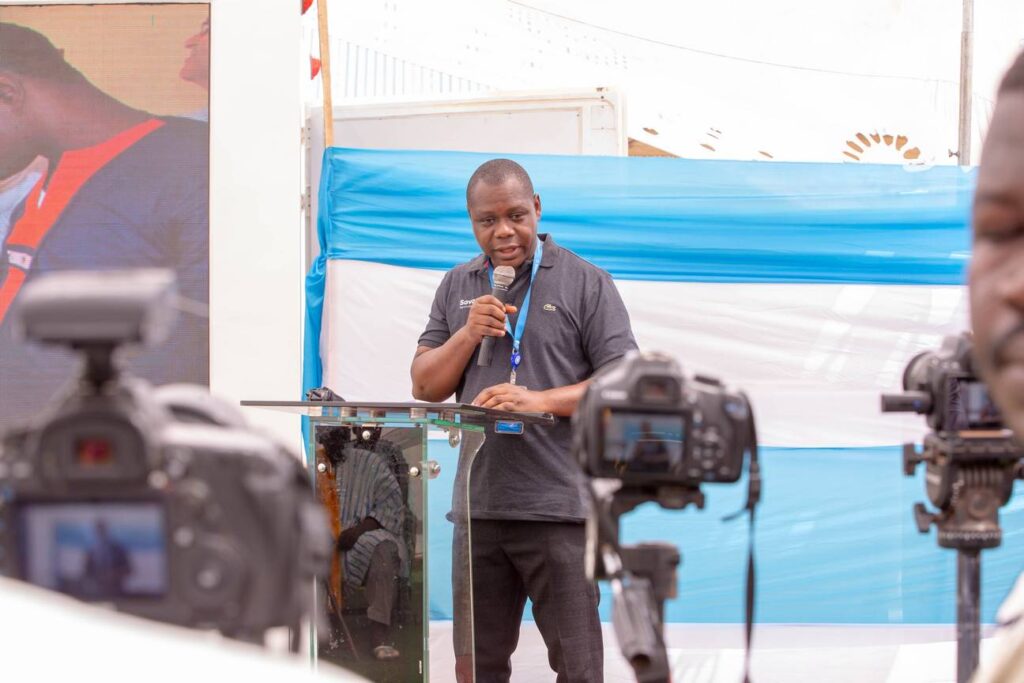
In 2014, we diversified our portfolio to include health initiatives, responding to evolving societal needs. We introduced the WSWM, a computer-based comprehensive adolescence sexual reproductive health and rights initiative. Around the same period, we introduced a novel system, SHE, now known as the SHE+ helpline, to make access to reproductive health information accessible for people across Ghana. We also introduced the Technology for Maternal Health project which leveraged mobile technology to support expectant mothers.
Adaptability has been key to our evolution. Over the years, we have rebranded to respond to societal trends and reflect our expanded scope. In 2022, a strategic rebranding reflected Savana Signatures’ expanded scope and enduring impact on Ghanaian society.
Today, our scalable ICT interventions drive positive change, reaching thousands of individuals across the country in the areas of health, quality education, livelihood and economic empowerment.
At the official launch of the anniversary celebration and the unveiling of a new multipurpose office complex in Tamale on March 15th, Executive Director Dr. Stephen Agbenyo reflected on Savana Signatures’ pioneering role in ICT for development over the past 15 years.
He said the organisation has for the last 10 years shifted towards leveraging technological tools for development.
“At 15, we believe that we are in a class of our own,” he stated, but said Savana Signatures is “not in competition whatsoever with any other organisation. All we strive for is to be the preferred partner of all of you here”.
Dr. Agbenyo emphasised that when it comes to leveraging technology for development, Savana Signatures stands out as the only non-governmental organisation registered in Northern Ghana.
He highlighted the organisation’s expertise in effective implementation of ICT4D initiatives in but not limited to health, education, and economic empowerment.
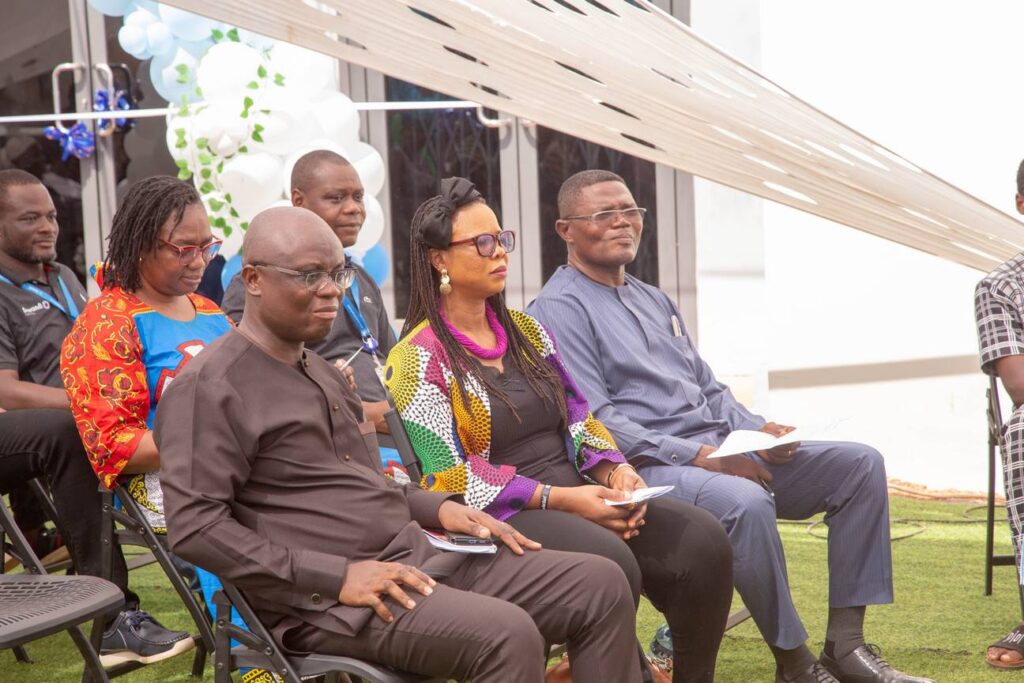
Guest speaker Mr. Prosper Nyavor, Head of Education at Unesco Ghana, commended the invaluable contributions of local NGOs like Savana Signatures in leading transformative change at the grassroots level.
He noted that these local NGOs have expertise to respond to local needs due to their deep understanding of the local context. Using participatory tools and local languages, he said, they effectively engage community members, ensuring a sense of ownership and sustainability of their interventions.
Mr. Nyavor emphasised the important role played by local NGOs as the driving force behind change in many rural and peri-urban communities. He underscored their indispensability, stating that without them, international aid organizations would face considerable challenges in implementing their interventions.
Highlighting Savana Signatures as an example, Mr. Nyavor mentioned how the organisation’s AgooSHE+ Helpline is empowering adolescents and young people with critical sexual and reproductive health information and services. Through this initiative, he said the knowledge levels among users have significantly improved, enabling them to make informed decisions that enhance their overall well-being.
Related Stories
Savana Signatures Supports Tamale Senior High School to Develop TVET
As an organisation that believes in the potential of VET,...
Read MoreFirst cohort of Educational Exchange Programme Ends Successfull
The Kalpohin Senior High School (KALISCO) in Tamale on February...
Read MoreSavana Signatures Unites Grassroots Women for International Women’s Day Celebration
On the occasion of the 2024 International Women's Day, Savana...
Read MoreEnhancing Maternal and Child Health through Digital Innovation
Over the years, we have led the use of digital...
Read MoreSavana Signatures Re-Launches Exchange Prog. Between Ghana and the Netherlands
Savana Signatures has announced the revival of its educational exchange...
Read More
